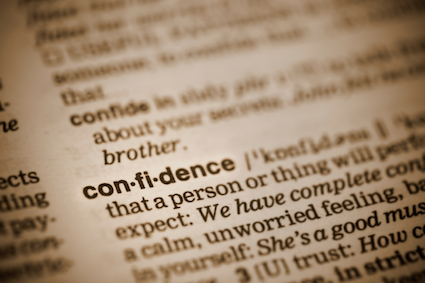
They do this by answering five simple, but quite profound, questions in a questionnaire.
This activity can be used as a diagnostic, especially for a 1-1 class, as practice, or as revision. It is suitable for pre-intermediate levels and above, as the target language is dictated by the learners.
Preparation
Download the worksheet and make copies for your students.
Procedure
1. Ask the learners what hobbies they have now, what hobbies they had when young, and what hobbies they might have in the future. Elicit examples for each time and in discussion introduce the idea of change.
2. Write the prompt ‘What hobbies/have?' on the board and ask the learners to change this so it asks about the three times:
- What hobbies did you have?
- What hobbies do you have?
- What hobbies will you have?
(With higher levels you can develop this using other forms, such as ‘used to' or ‘are planning to have')
3. Optional: Elicit target language that we use to talk about things in each time, for example:
- Past: used to/would/past simple/past continuous/past perfect
- Present: present simple/present continuous/present perfect
- Future: will/going to/plan to/want to/would like to
4. Hand out worksheet 1 and ask the learners, in pairs, to change the prompts into questions. Check this with the group.
5. Ask the learners to complete the table individually with their own ideas, in note form. Tell them not to worry about producing full sentences using the target language yet.
6. Put learners into small groups or pairs and ask them to explain their answers to each other. Ask them to use the target language when they speak, and model some answers yourself if necessary.
7. Encourage the learners listening to ask questions, and to make notes if they are going to follow up the activity with writing work.
Follow-up activities
After pair work
Learners give an oral or written presentation of what they have heard about their partner's life.
Individual work
Learners write about the changes they have experienced, either under the three time headings (for lower levels) or in a freer form.
Group work
Learners prepare their own questionnaires for the group.
Learners prepare a time-line poster together - this depicts how they have changed.